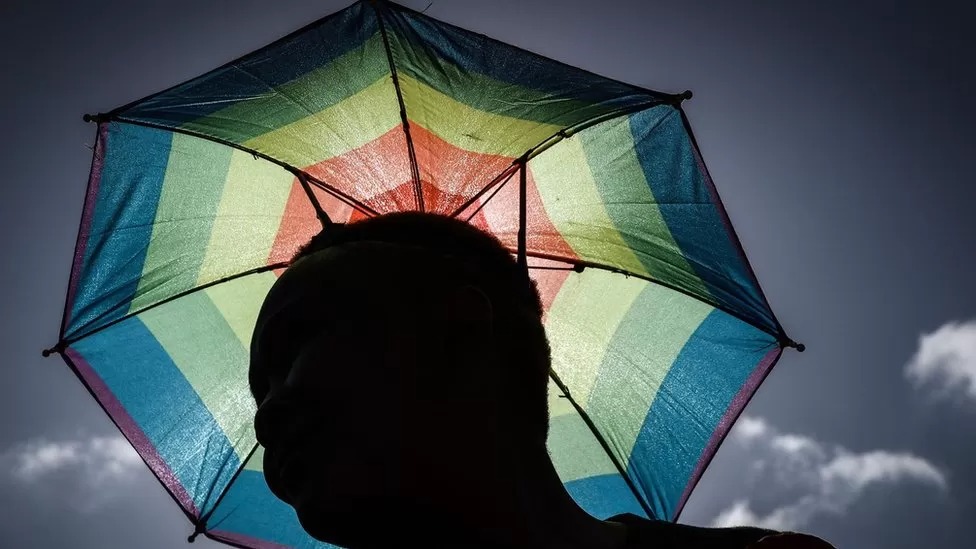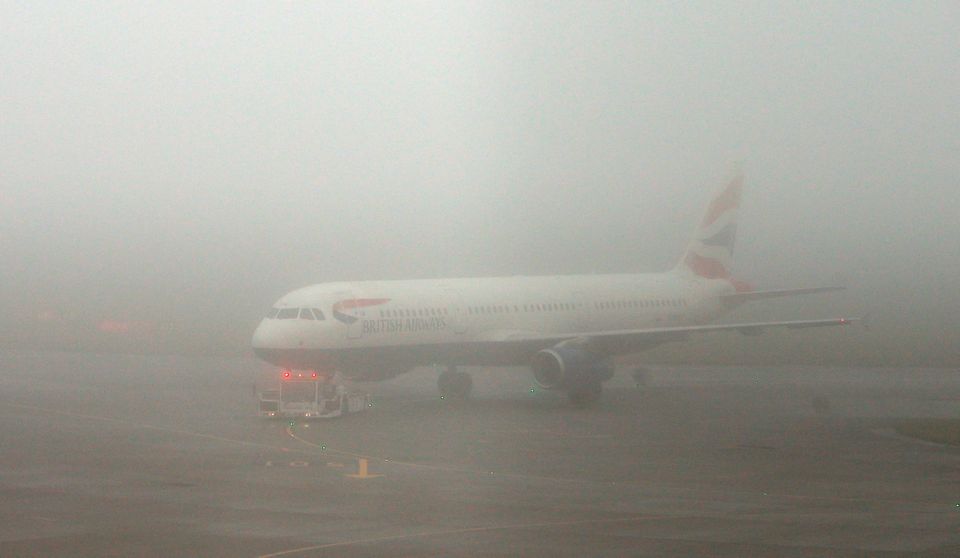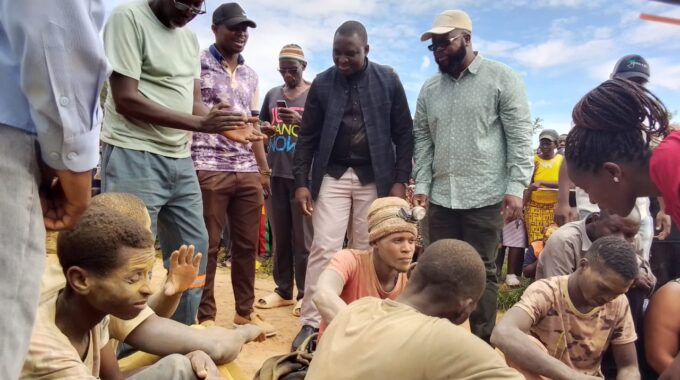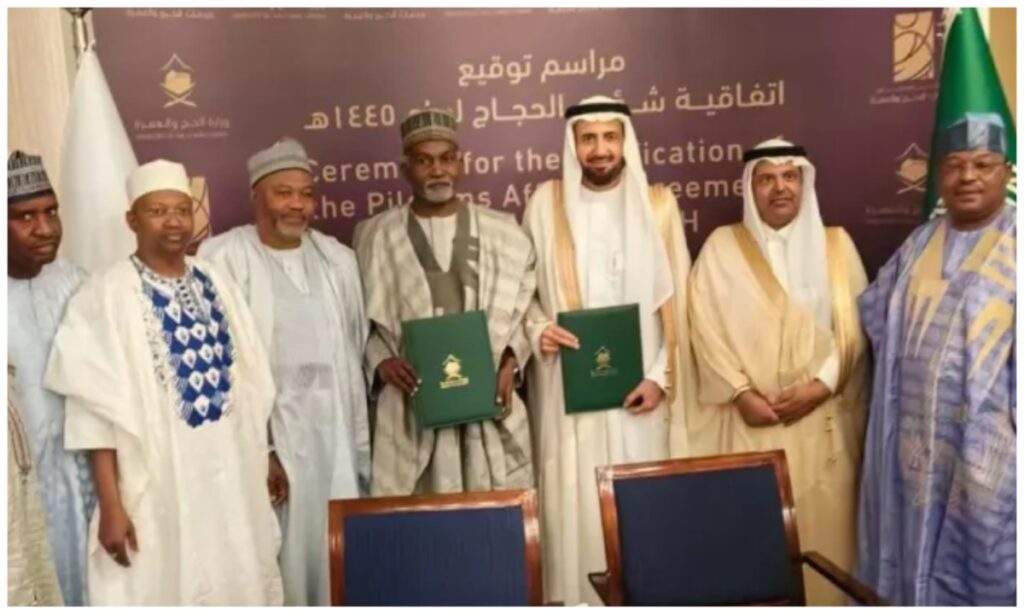Alphonse Nikiema, a medical student from Burkina Faso, couldn’t contain his excitement upon receiving an email from his university. The message signalled a glimmer of hope, allowing him to resume visa paperwork for his upcoming training at a French hospital next year. This development comes after months of uncertainty caused by France’s suspension of consular services in Burkina Faso, leaving hundreds of students, researchers, and artists in limbo as they awaited their visas for professional trips to France.
The strained relations between France and several West African nations, including Burkina Faso, Mali, and Niger, have been exacerbated by political coups over the past three years. The juntas that seized power have taken a hostile stance against France, resulting in the expulsion of French troops and ambassadors and a surge in anti-French sentiment.
Critics argue that France has maintained excessive economic and political influence over its former colonies long after they gained independence. While France claims to have moved away from this dynamic, the deteriorating relationship with some West African states has affected not only diplomatic ties but also longstanding cultural connections.
The visa predicament, along with the suspension of French development aid and cooperation, coincides with President Emmanuel Macron’s efforts to reset relations with African nations that were once under French colonial rule. These efforts are motivated by increasing competition for influence from global powers like Russia and China.
According to a French diplomatic source, France issued 907 student and trainee visas to individuals from Burkina Faso, 689 to Malians, and 436 to Nigeriens last year. However, this year, students, doctors, artists, and business people from these three Sahel states, who have traditionally sought education and work opportunities in France, are being forced to reconsider their plans, risking a year’s delay in their aspirations.
For Nikiema, the possibility of spending a year in France for his mandatory psychiatry specialisation had almost faded away. He had resigned himself to doing his internship in a hospital in Burkina Faso instead. “Being able to go to another country and have a different experience is enriching,” he expressed wistfully.
Tondri Yara, an international law student, stood outside a French visa center in the capital city of Ouagadougou, hoping for positive news. Since October 2022, Yara had been preparing for his exchange program at a university campus in France. However, he now finds himself grappling with the last-minute visa hurdle. “Changing plans at this stage requires a significant amount of energy,” he lamented.
Yara has considered alternative options for his thesis, which was originally intended to be completed in France. Burkina Faso, Canada, Switzerland, and Belgium are all viable alternatives, albeit with the potential for delays in the process.
French authorities have reassured students, artists, and researchers already present in France that they are still welcome and can continue pursuing their activities. However, the uncertainty surrounding visa issuance casts a shadow over the educational opportunities and professional experiences that have long been accessible to West African students in France.
According to data from the French agency Campus France, which promotes French higher institutions abroad, there were over 3,100 students from Mali, 2,300 from Burkina Faso, and 1,100 from Niger studying in French public institutions during the 2021-22 academic year. These numbers highlight the significant impact of the visa challenges on the educational landscape for West African students in France.









No comment yet, add your voice below!